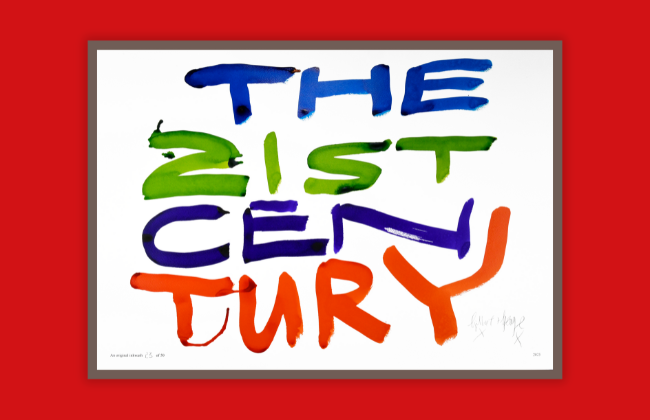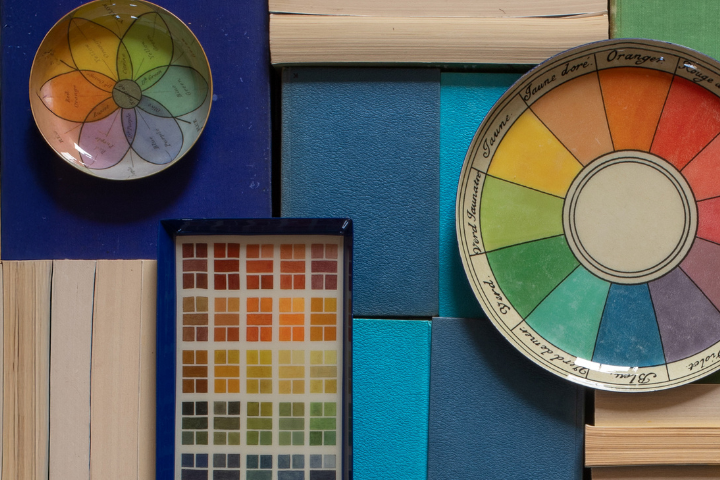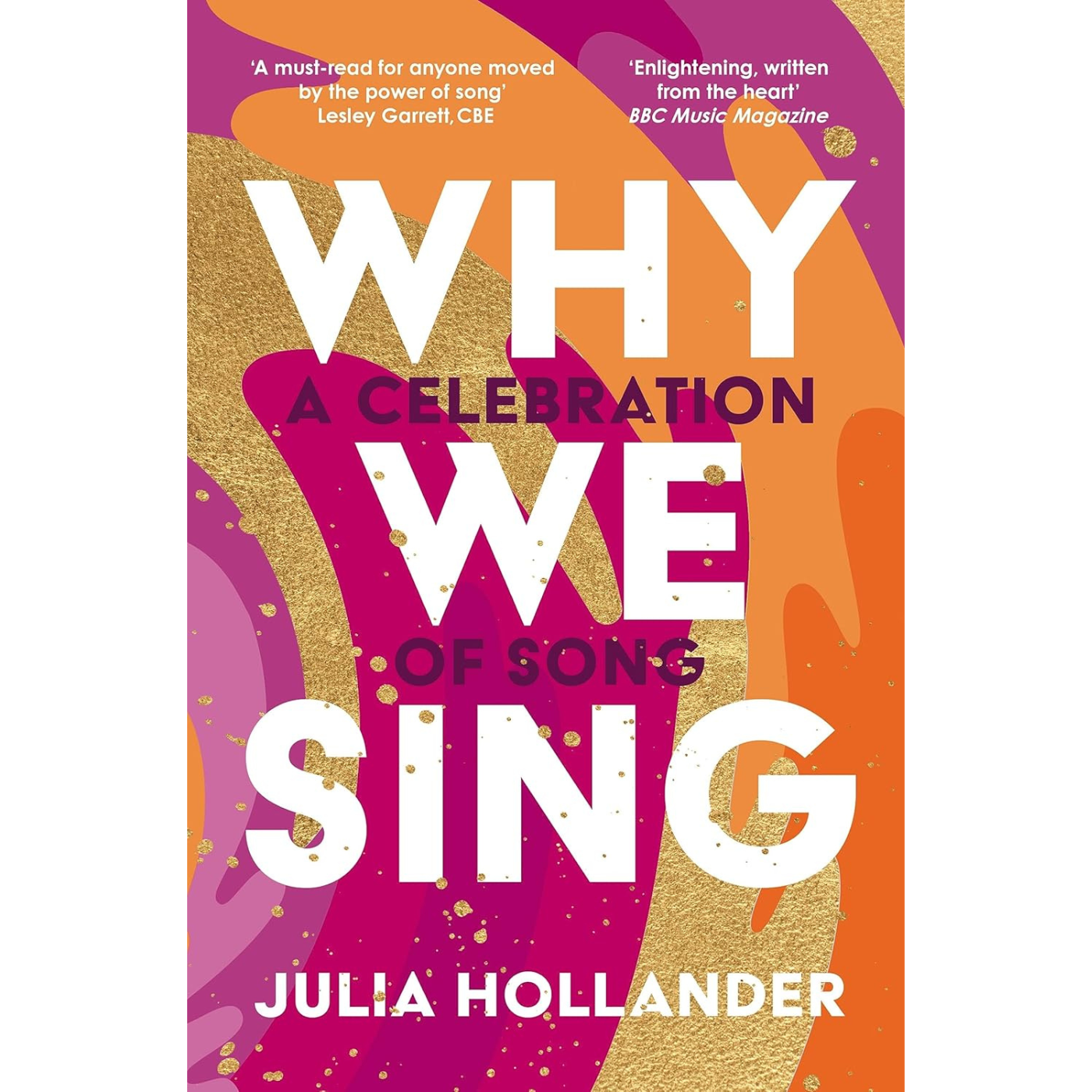Why We Sing Paperback
As a singing therapist, teacher and performer, Julia Hollander is in a unique position to consider singing's importance to our wellbeing, charting its extraordinary influence on all aspects of our spiritual, emotional and physical lives.
Why do parents feel compelled to sing to their newborns, and how does it help their development? What is it about song that brings communities together in harmony but also in protest? How come an activity that helps to embed languages and maths formulae can also be used to rehabilitate Long Covid sufferers? And what magic is at work when people who have lost the power to speak are still able to sing?
By delving into her own life experiences, and calling on those of her fellow singers, the author seeks to answer these questions, underpinning her findings with the latest scientific research.
In so many walks of life, people of all ages and backgrounds are waking up to the joys of singing, its power to give hope and connection in a fragmented world. Song-making is available in an increasingly broad range of social and therapeutic contexts, prescribed by doctors and community services. This book offers explanations for why this should be, and inspiration to anyone who loves to sing.
Paperback, 368 pages.
As a singing therapist, teacher and performer, Julia Hollander is in a unique position to consider singing's importance to our wellbeing, charting its extraordinary influence on all aspects of our spiritual, emotional and physical lives.
Why do parents feel compelled to sing to their newborns, and how does it help their development? What is it about song that brings communities together in harmony but also in protest? How come an activity that helps to embed languages and maths formulae can also be used to rehabilitate Long Covid sufferers? And what magic is at work when people who have lost the power to speak are still able to sing?
By delving into her own life experiences, and calling on those of her fellow singers, the author seeks to answer these questions, underpinning her findings with the latest scientific research.
In so many walks of life, people of all ages and backgrounds are waking up to the joys of singing, its power to give hope and connection in a fragmented world. Song-making is available in an increasingly broad range of social and therapeutic contexts, prescribed by doctors and community services. This book offers explanations for why this should be, and inspiration to anyone who loves to sing.
Paperback, 368 pages.













